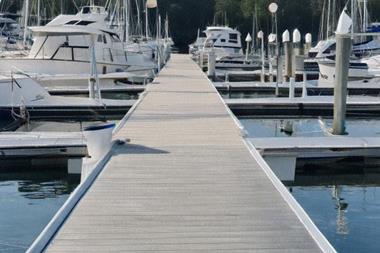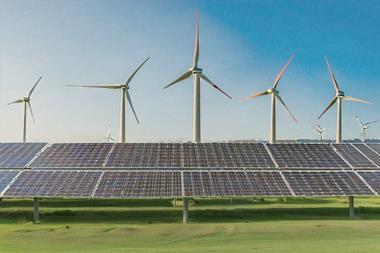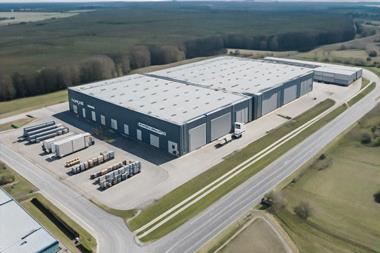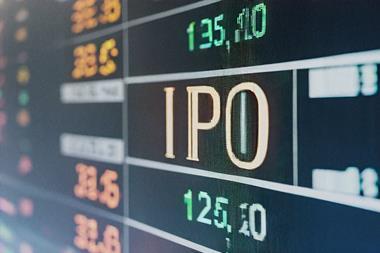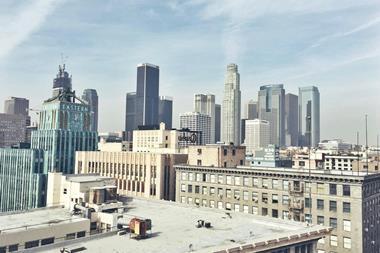Despite ongoing political protests and disruptions in Hong Kong, Goodman Group is going ahead with a second US$1bn (€903m) warehouse project in the city within the next seven months.
At a time when companies are anecdotally exploring relocation from the city, the Sydney-based logistics giant will continue with a record development programme in Hong Kong.
Goodman is already constructing a large facility with an end-value of US$1bn (€903m) and its activity in Hong Kong will account for a significant part of its A$5bn (€3.04bn) global development programme for the 2020 financial year.
Greg Goodman, founder and CEO, told IPE Real Assets that the Hong Kong projects were not speculative, as two data-centre operators had already pre-committed to long-term leases for space.
“The political protests in Hong Kong concern us, just as they concern the rest of the world,” he said. “We are watchful and cautious, but to date we have seen no disruption with our customers.
“What we are seeing in our business is that there is no vacancy. Our existing facilities are 99% occupied. The shortage for the type of facilities we are providing hasn’t changed.”
Asked if his investors shared his view, Goodman said: “Our partners are some of the largest pension funds in the world.
“Like us, they are watchful of the events in Hong Kong. They have other exposures to Hong Kong, including other assets, stocks and bonds.”
Goodman Group has A$7.5bn in assets under management in Hong Kong, making it one of Goodman’s bigger markets, far larger than Mainland China.
Goodman is also ramping up its developments in three Chinese cities from around 600,000sqm a year to more than 1m sqm in the next 18 months.
Goodman it would allocate A$1bn this financial year – up from A$400m in the previous year – to development projects in infill markets globally where barriers to entry were high.
“Between 70% and 80% of that capital will go into our partnerships,” he said. These are responsible for 80% of the group’s development work.
Of general global uncertainty, Goodman said the logistics sector today was better insulated against a potential global downturn.
“Online retailing continues to increase at an unprecedented rate. People see it as the cheapest and most convenient way to get goods,” he said.
“Even if retail sales are not growing, or are growing at 1% or 2% around the world, the online mix is increasing by 15-25% in any market. And we haven’t even started with fresh food and groceries, which represents 30% of retail sales.”
Goodman said: “There is a long way for us to go. This is a structural change which transcends market cycles, such as recessions and booms.
“It goes back to the way people want to live, shop and have more leisure time, because work is a lot more encompassing and more intrusive of people’s lives now.”





